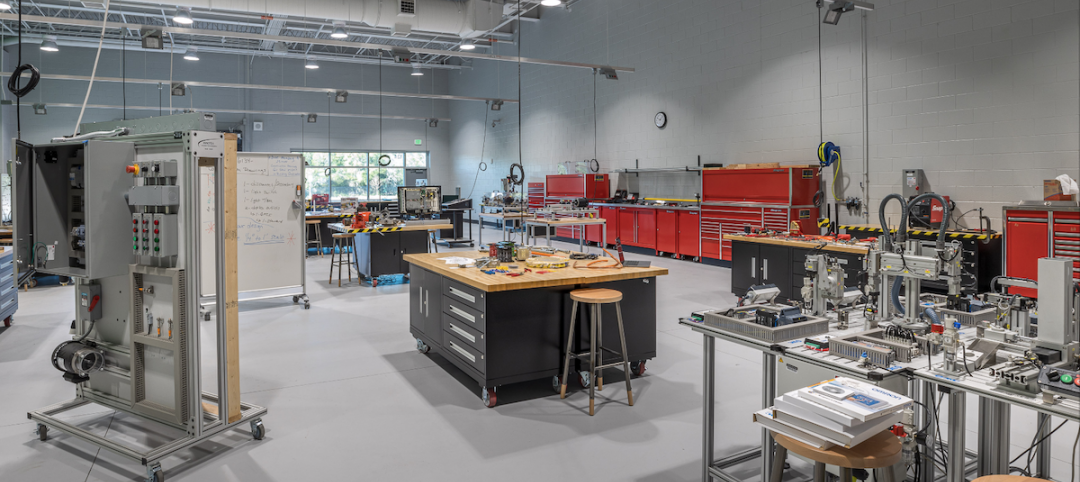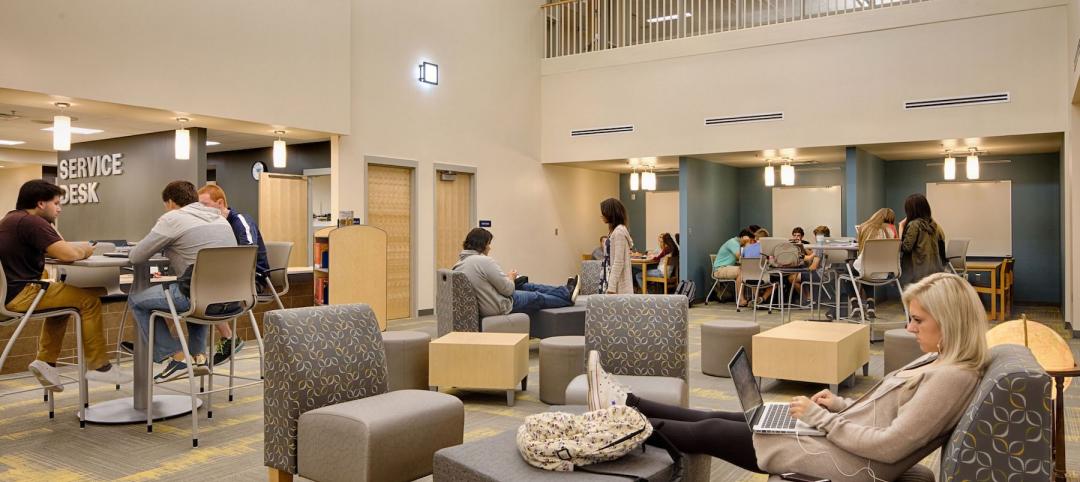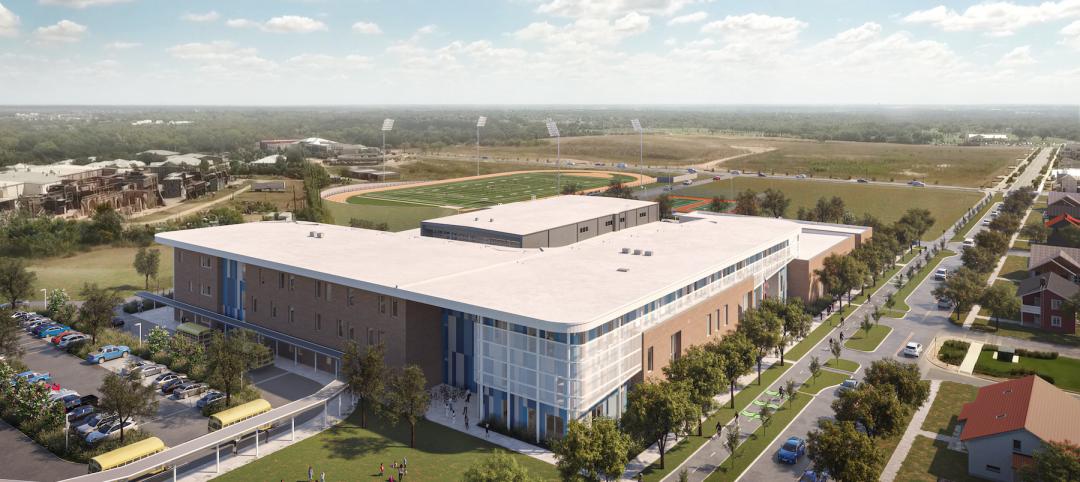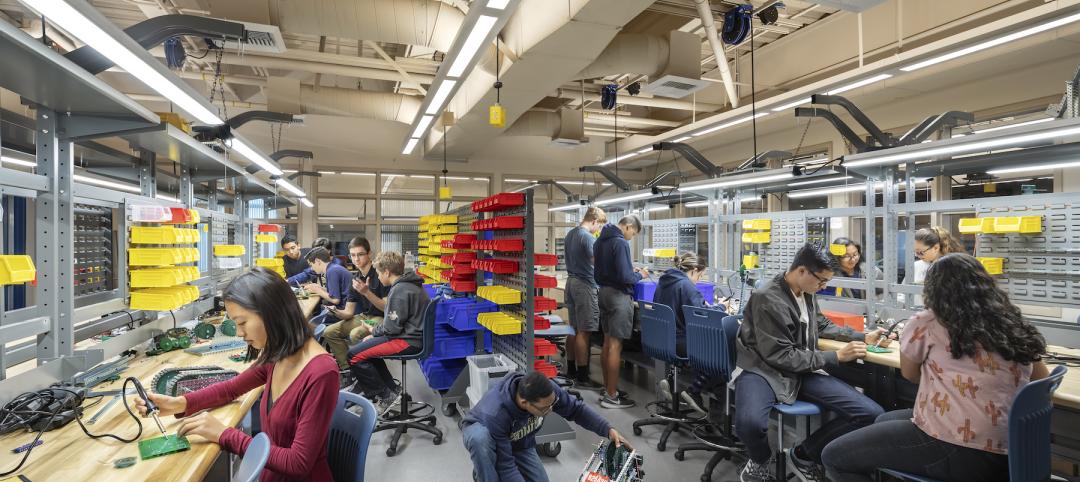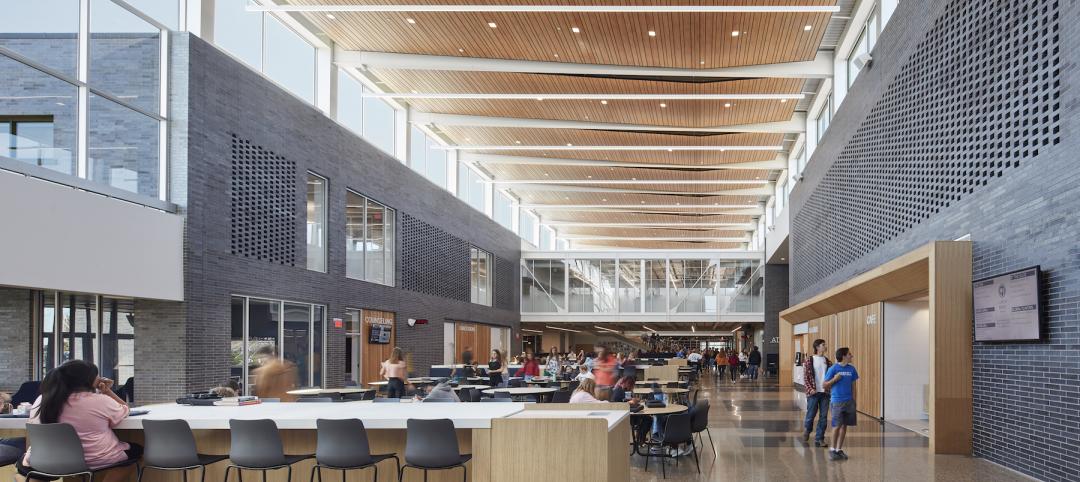When it comes to protecting K-12 schools and students from earthquakes, tornados, or flooding, many school districts continue to resist mandating the inclusion of safe rooms or storm shelters in new and existing buildings. But that may be changing.
An Illinois law that took effect January 1 requires all new schools to have storm shelters. Illinois joined Alabama as the only states that mandate storm shelters or safe houses in new schools.
Oklahoma, ground zero for deadly tornados, has rejected such mandates for budgetary and political reasons. Governor Mary Fallin has backed a proposal to allow local governments to raise their debt limits if they want to use bonds to fund shelters. (Oklahoma City already requires shelters.) An advocacy group called Take Shelter has been trying to get a petition on the statewide ballot to raise $500 million through franchise taxes to put safe rooms in every school in the state.
Money is main reason why safe houses and storm shelters at schools aren’t more widely accepted. A 2013 article published in the Wall Street Journal estimated that it would cost $1 billion to install safe rooms in the 1,100 Oklahoma public schools that didn’t have them at the time.
Protecting buildings from catastrophic events can quickly erode a district’s general revenue funds. Krisztina Tokes and Mark Hovatter of the Los Angeles United School District have estimated that 21% of the $4.3 billion they said was needed annually for school construction would be allocated for earthquake upgrades.
Most AEC professionals would agree that preventive expenditures are a lot cheaper than rebuilding after a natural disaster hits: just ask anyone in the New York metropolitan area who suffered through Hurricane Sandy, which caused an estimated $50 billion in property damage in late 2012. With so much talk about the possible relationship between climate change and more catastrophic weather events, some ISDs are reconsidering the wisdom of waiting and seeing.
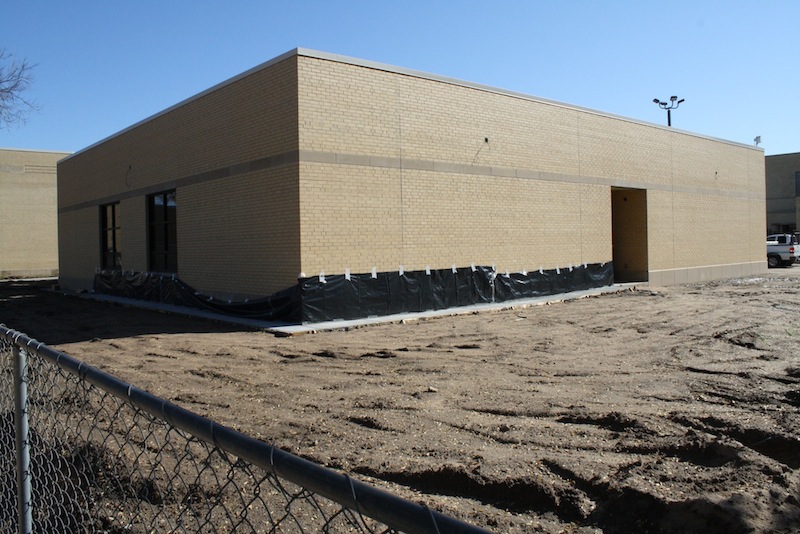 Construction of a safe room at a Wichita, Kan., school. Photo: FEMA
Construction of a safe room at a Wichita, Kan., school. Photo: FEMA
Last November, voters in Carl Junction, Mo., approved a $16.5 million bond issue that will help pay for three storm shelters in the school district.
By the end of its current construction bond financing in 2016, Wichita Public Schools will have safe rooms that can withstand an EF-5 tornado in every attendance center it operates, even though safe rooms aren’t mandatory in Kansas. Julie Hedrick, the district’s Facilities Division Director, says that a safe room can add up to $50/sf to the cost of new construction.
As for existing schools, Hedrick says it’s usually not cost effective to add a safe room as part of a renovation. But she says that, high school wrestling rooms—which usually don’t have windows and pad their walls and floors—have been upgraded to safe rooms relatively inexpensively.
Related Stories
K-12 Schools | Apr 1, 2022
Charleston County’s award-winning career and technical education high school
BD+C Executive Editor Rob Cassidy talks with the team behind the award-winning Cooper River Center for Advanced Studies, a Career|Technical Education high school in Charleston County, S.C.
Projects | Mar 31, 2022
Tech school designed to prepare students for high-wage, high-skill careers
In Wesley Chapel, Fla., a half-hour north of Tampa, Kirkland Ranch Academy of Innovation (KRAI) is “not going to look like anything you’ve ever seen before,” Kim Moore, assistant superintendent at Pasco County Schools, said in a statement.
K-12 Schools | Mar 29, 2022
A graceful design opens Pennsylvania’s Springfield High School to its community
Multifunctional spaces enhance student collaboration.
K-12 Schools | Mar 8, 2022
Design delivers new media messages for schools
Media centers are no longer physically confined to one room.
Resiliency | Feb 15, 2022
Design strategies for resilient buildings
LEO A DALY's National Director of Engineering Kim Cowman takes a building-level look at resilient design.
Coronavirus | Jan 20, 2022
Advances and challenges in improving indoor air quality in commercial buildings
Michael Dreidger, CEO of IAQ tech startup Airsset speaks with BD+C's John Caulfield about how building owners and property managers can improve their buildings' air quality.
K-12 Schools | Jan 4, 2022
Forest Edge Elementary School becomes the largest net zero verified education project in the U.S.
Bray Architects designed the project.
K-12 Schools | Dec 27, 2021
A ‘new urbanist’ middle school takes shape in Austin
Design-build delivery, still rare for Texas school construction, fit expeditiously for this project.
K-12 Schools | Dec 10, 2021
Trends in K-12 school design, with Dan Boggio and Melissa Turnbaugh of PBK
Dan Boggio and Melissa Turnbaugh of PBK, the largest K-12 design firm in the U.S., discuss the favorable market conditions and the latest trends in K-12 school design with BD+C's Rob Cassidy.
Giants 400 | Nov 18, 2021
2021 K-12 School Sector Giants: Top architecture, engineering, and construction firms in the U.S. K-12 school facilities sector
PBK, Gilbane, AECOM, and DLR Group head BD+C's rankings of the nation's largest K-12 school facilities sector architecture, engineering, and construction firms, as reported in the 2021 Giants 400 Report.



